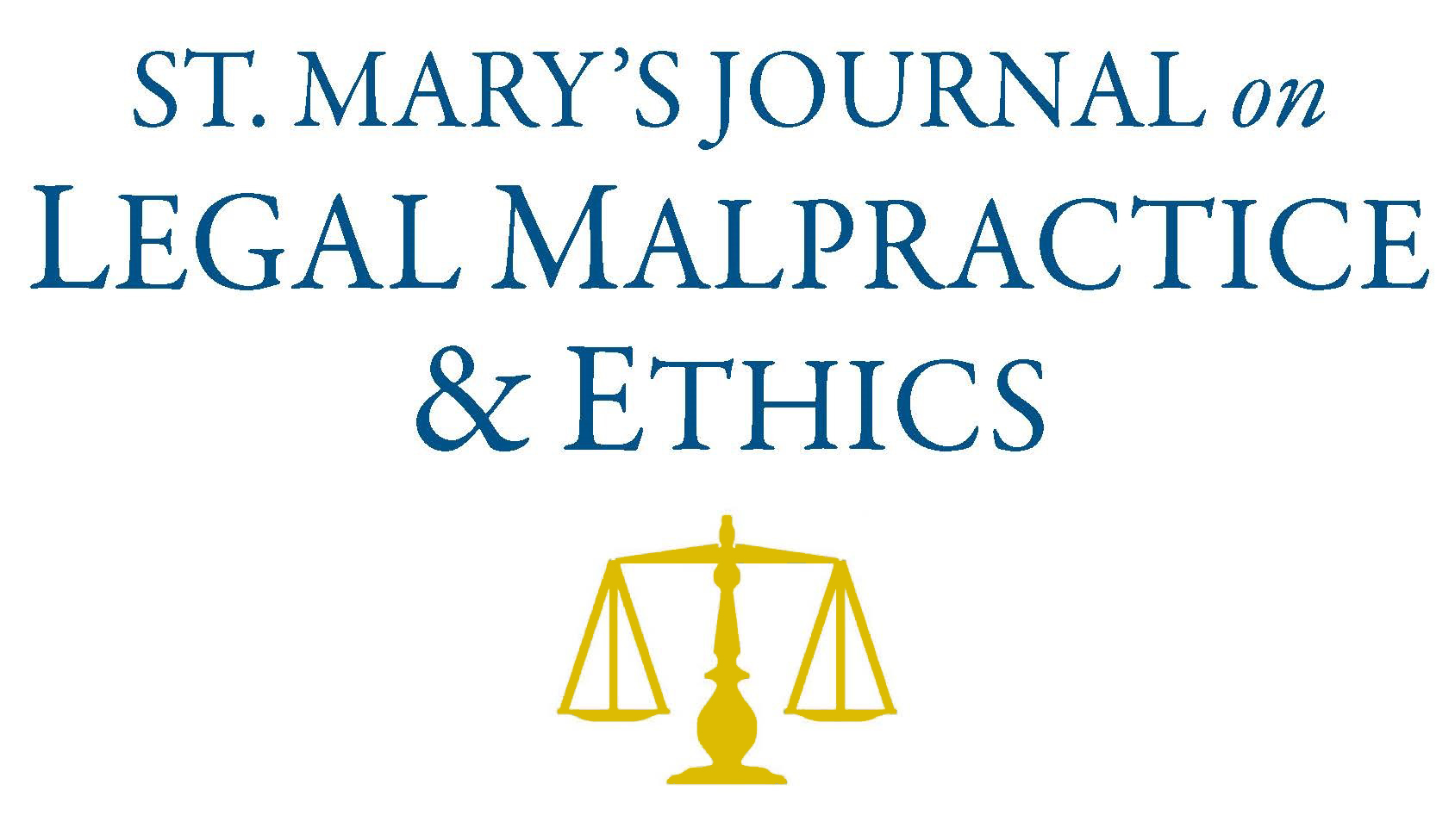
First Page
278
Date Created
1-1-2014
Publisher
St. Mary's University School of Law
Editor
Elizabeth Germano
Last Page
317
Abstract
Cognitive science has revealed that past experiences and prior assumptions, even those of which we are not conscious, greatly influence how humans perceive the world. Emerging research has demonstrated that attorneys and judges, like everyone else, are the products of their gender, ethnicity, race, and socioeconomic status. As a consequence, legal decision-making is susceptible to the subtle influences of implicit bias. Effective and ethical client advocacy requires an attorney to understand how her own implicit biases will affect her interactions with clients. An attorney should also acknowledge that implicit biases may affect a judge’s interpretation of her client’s story and legal arguments. This Article explains how insights from cognitive science should inform an attorney’s representation of clients in civil litigation.
Recommended Citation
Nicole E. Negowetti,
Navigating the Pitfalls of Implicit Bias: A Cognitive Science Primer for Civil Litigators,
4
St. Mary's J. on Legal Malpractice & Ethics
278
(2014).
Available at:
https://commons.stmarytx.edu/lmej/vol4/iss1/7
Included in
Law and Society Commons, Legal Ethics and Professional Responsibility Commons, State and Local Government Law Commons

